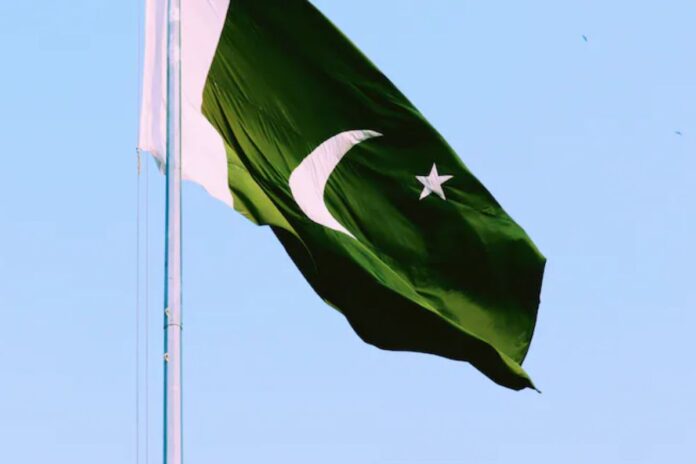An influential Republican Congressman has reintroduced legislation to terminate Pakistan’s major non-NATO ally (MNNA) status. Congressman Andy Biggs, Chair of the House Judiciary Committee’s Subcommittee on Crime and Federal Government Surveillance, is leading the initiative. The bill seeks to revoke Pakistan’s designation unless it demonstrates firm action against militant networks like the Haqqani Network operating within its borders.
 Legislation History And Objectives
Legislation History And Objectives
First introduced by Biggs in January 2019, the bill has been reintroduced in every Congress session since but has yet to make legislative progress. The legislation mandates a presidential certification confirming Pakistan’s active military operations to disrupt militant safe havens and freedom of movement. Furthermore, Islamabad must show substantial commitment to denying the Haqqani Network the ability to use its territory as a base.
US-Pakistan Relations In Focus
The focus on terminating Pakistan’s major non-NATO ally (MNNA) status reflects broader concerns within the US government regarding Pakistan’s role in counterterrorism and its cooperation with Afghanistan. The bill also highlights the importance of Pakistan’s coordination with Afghan authorities to restrict cross-border militant activities.

Challenges And Implications
Despite repeated introductions, the bill has not advanced legislatively. Its success hinges on bipartisan support and broader foreign policy priorities. Terminating Pakistan’s status as a major non-NATO ally could impact military aid, defense cooperation, and diplomatic relations between the two nations.
This renewed effort underscores a continued push by some US lawmakers to hold Pakistan accountable for its counterterrorism commitments while reevaluating strategic alliances in the region.

